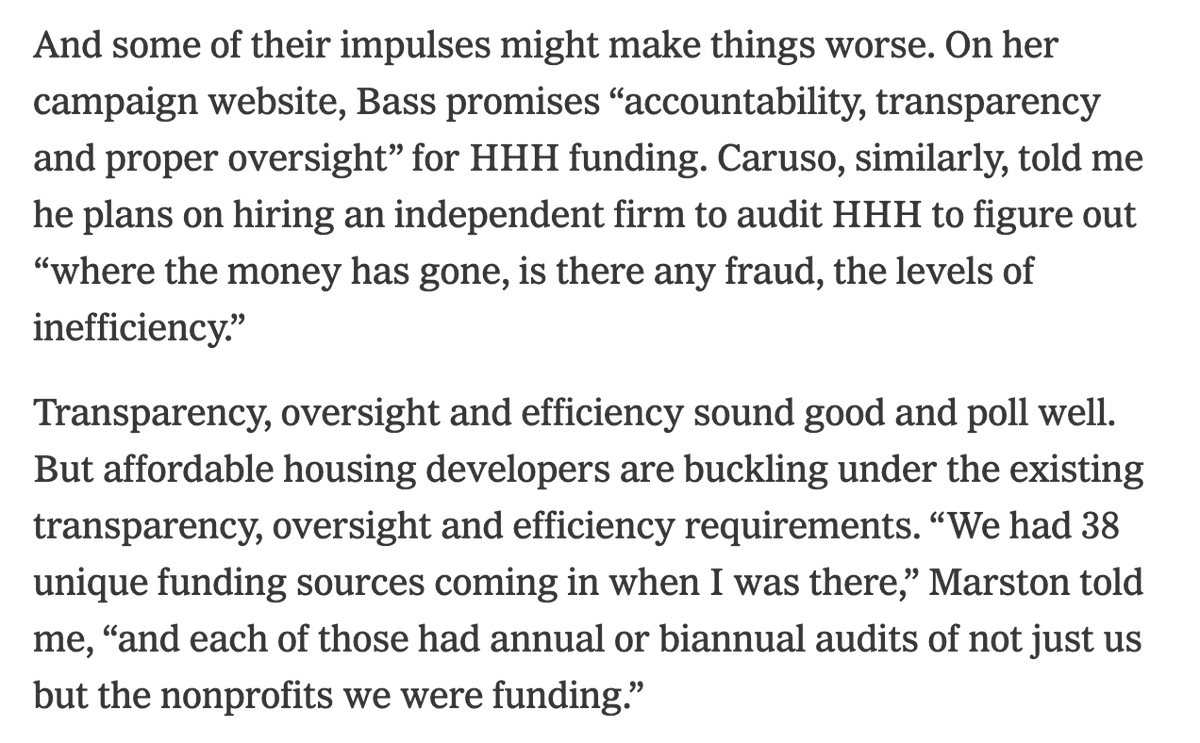It's tucked into the middle of my Joe Biden wrap, but I want to highlight this interesting research on polarization from @Beyond_Conflict: Yes, we dehumanize, dislike, and disagree with each other. But not as much as we think we do. vox.com/2020/8/21/2138…
The twist of their polarization index is they ask not just how we feel about the other side, but how we think the other side feels about us.
It turns out that there's a huge gulf — we assume our political opponents loathe and dehumanize us much more than they do.
It turns out that there's a huge gulf — we assume our political opponents loathe and dehumanize us much more than they do.

A caveat to this: Sometimes, the cruder, angrier divisions people perceive are a more accurate reflection of our system than mass opinion.
I'd say that's true now, with Trump's presidency. Perceived polarization and division isn't fake, it's just not the whole story.
I'd say that's true now, with Trump's presidency. Perceived polarization and division isn't fake, it's just not the whole story.
But perceived division matters: It's a self-fulfilling prophecy. The more we think someone hates us, the more we hate them. The further we think someone will go to harm us, the further we will go to protect ourselves, and those we love.
This is the core of Joe Biden's approach: In an era when disagreement often feels synonymous with dislike, Biden is modeling a politics where you can disagree without being disagreeable. You don’t let politics, or even conflict, define your relationships. 

Will that work as a governing strategy? Not as well as Biden hopes, I fear. But is it potent as a campaigning strategy? I think it is. I think a lot of people yearn for politics to feel different than this. Biden is promising to represent them.
Anyway! You can read the whole @Beyond_Conflict report here: beyondconflictint.org/americas-divid…
And my piece, with a lot more detail, is here: vox.com/2020/8/21/2138…
And my piece, with a lot more detail, is here: vox.com/2020/8/21/2138…
• • •
Missing some Tweet in this thread? You can try to
force a refresh







